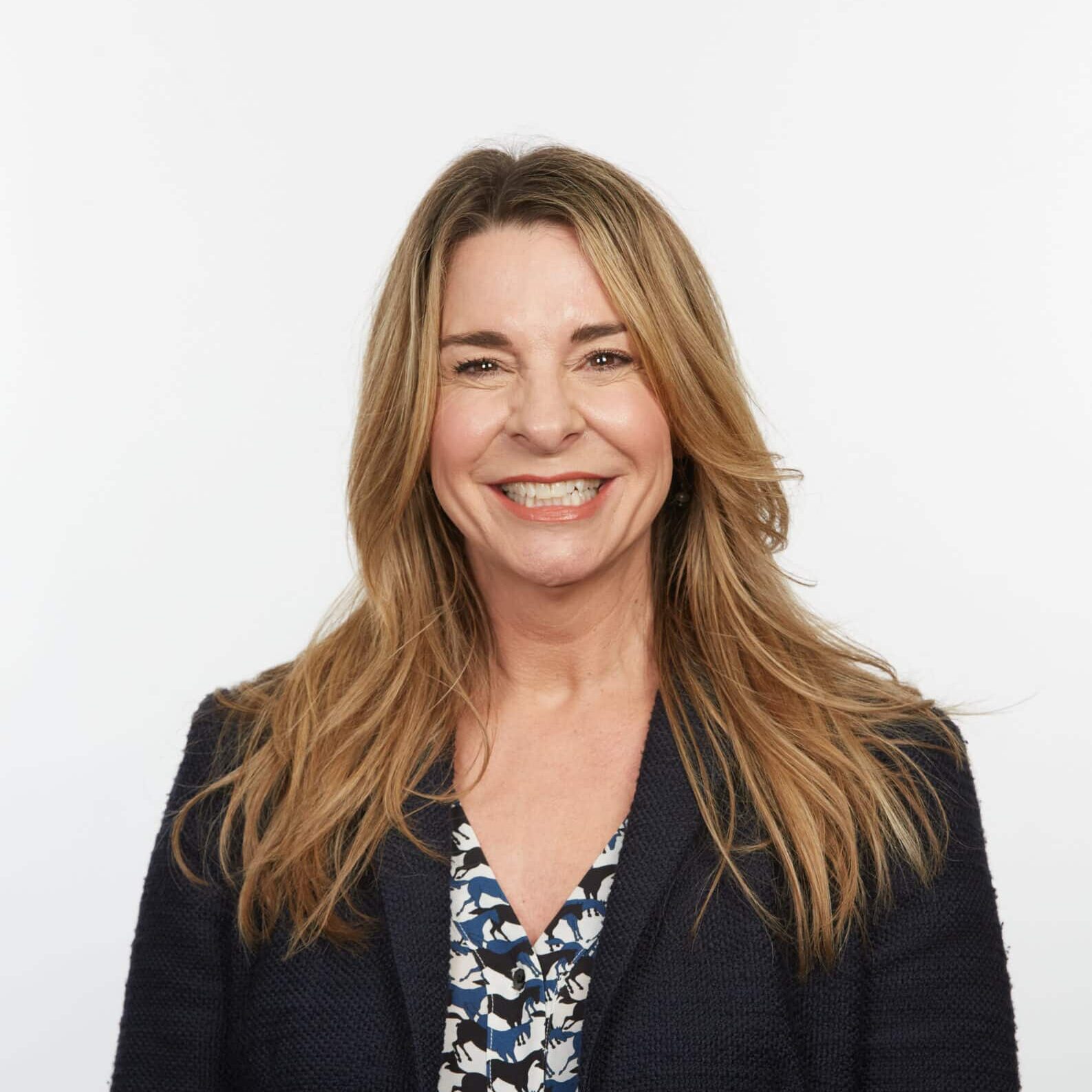Clinical therapists have master’s degrees, 2000+ clinical hours and take an exam to receive their license, which requires continuing education to renew.
There are many different types of clinical therapists, each specializing in certain approaches to mental health care treatment. A therapist may help individuals address struggles with mental health issues, relationship problems, substance abuse and more. Regardless of specialty, therapists should have good interpersonal skills and a passion for helping others.
At a base level, thepath to becoming a clinical therapistrequires at least a master’s degree, with some positions needing a doctorate’s degree. Additionally, each state has its own licensing requirements for practicing therapists.
The demand for clinical therapists remains high, as many communities throughout the United States still lack mental health treatment options. If you are interested in becoming a clinical therapist, the following information provides an overview of education, experience and licensure requirements.
Treatment Can Be Life Changing. Reach out today.
Whether you are struggling with addiction, mental health or both, our expert team is here to guide you every step of the way. Don’t wait— reach out today to take the first step toward taking control of your life.
What Does a Clinical Therapist Do?
A clinical therapist can work in many different areas — hospitals, mental health treatment facilities, schools, private practices and more. With advances in online technology, therapists can even treat patients remotely through telehealth services.
A clinical therapist’s primary role is to provide mental health treatment. This may include:
- Treating mental health conditions like depression, anxiety or schizophrenia
- Holding group and individual therapy sessions using cognitive behavioral therapy and similar approaches
- Holding interventions
- Providing support for addiction recovery and relationship and family issues
- Creating strategies for improving mental wellbeing
- Teaching communication skills and coping strategies
- Helping patients achieve a higher quality of life
and social workers, but there are some differences regarding certification, experience and education.
How a Clinical Therapist Differs from a Psychologist
Psychologists fall under the broad umbrella of “clinical therapists,” but psychologistsrequire an advanced degreein psychology. Many other therapist roles require degrees in counseling. Psychologists are also able to diagnose mental health disorders. They can provide clinical therapy and conduct research.
Clinical therapists have a bit more freedom when deciding which specialty to pursue, as a counseling degree can be used in many roles. For example, a clinical therapist could be a marriage and family therapist, substance abuse counselor or mental health counselor.
Clinical therapists made a median salary of$46,240per year in 2019, while psychologists made a median salary of$80,370per year.
How to Become a Clinical Therapist
To become a clinical therapist, a person must acquire at least a bachelor’s or master’s degree, gain clinical experience and receive state licensure.
Educational and Degree Requirements
A bachelor’s degree is needed to enroll in a graduate program, but the degree does not have to be related to health care. The graduate program should be CACREP-accredited and include supervised clinical experience, such as an internship or practicum.
Depending on the specialty, a person can attend a program for the following:
- Master’s, PhD or PsyD in psychology
- Master’s in social work
- Master’s in counseling
- Master’s in marriage and family therapy
Therapists can specialize further by taking advanced certification exams, such as those for substance abuse treatment.
Training and Clinical Experience
In most states, master’s candidates must complete a certain number of clinical experience hours to graduate. In states where our facilities are located, the requirements are as follows:
- Florida:1,000 hours of university-sponsored experience and an internship or practicum
- Ohio:100 hours of practicum or 600 hours of internship
- Washington:An internship or practicum is required, but there is no state-mandated number of required hours
- Colorado:No specific requirements, but supervised post-degree experience is required for licensure
- New Jersey:No specific requirements, but supervised post-degree experience is required for licensure
Examination and Licensing
Each state has its own requirements for licensure. When these requirements are reached, individuals can then take an exam to become licensed. For states where our treatment facilities are located, licensed clinical therapists have at least:
- Florida:Two years of supervised experience, which includes 1,500 hours with clients
- Ohio:Two years of supervised clinical experience, including 3,000 clinical hours
- Washington:Two to three yearsof supervised clinical experience
- Colorado:2,000 hours of post-graduate experience within two years
- New Jersey:4,500 clinical hours with a master’s degree, 3,000 clinical hours if you’ve completed 30 additional coursework credits after the master’s degree
Renewing Clinical Therapist Licensure
Licenses must be renewed regularly. In states where our facilities are located, renewal schedules are as follows:
- Florida:Every two years
- Ohio:Every two years
- Washington:Every year
- Colorado:Every four years
- New Jersey:Every two years
Continuing Education
As part of the renewal process, therapists also need to take acertain number of continuing education courses. For states where our facilities are located, these requirements include:
- Florida:30 hours of continuing education every two years
- Ohio:30 hours of continuing education every two years, with at least 3 hours in ethics
- Washington:36 hours of continuing education every two years, and six hours of suicide training every six years
- Colorado:40 hours of continuing education every two years
- New Jersey:40 hours of continuing education every two years, with at least 5 hours in ethics and 3 in social and cultural competency








